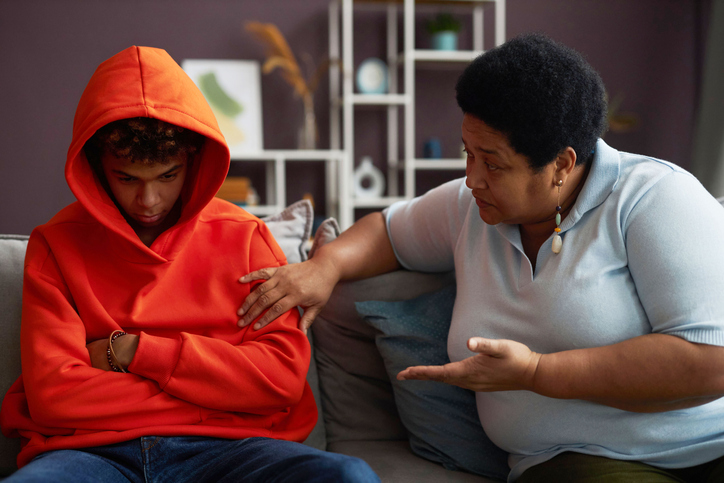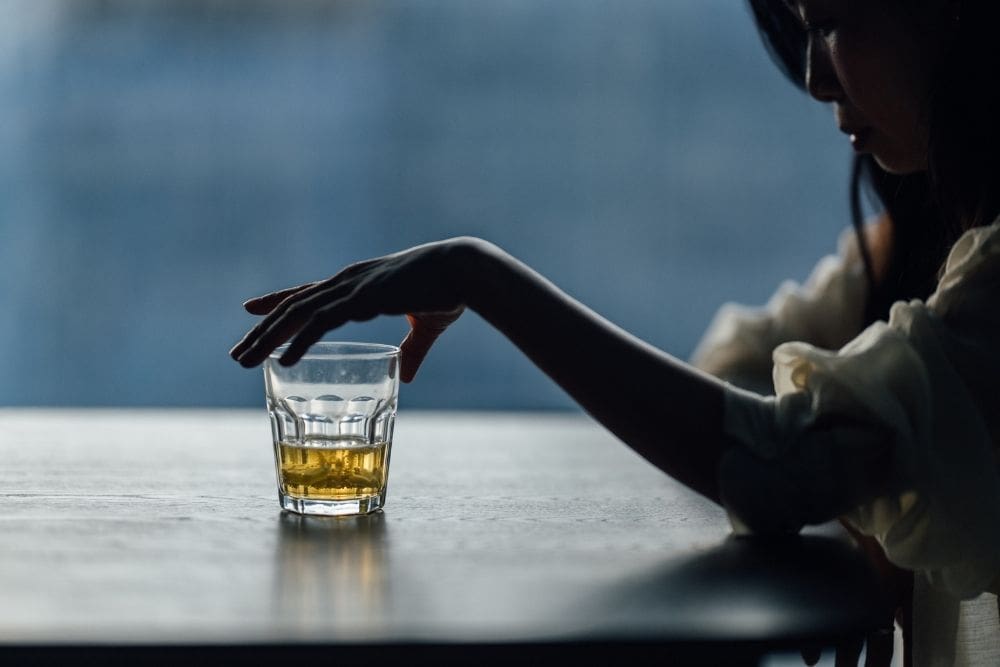Do you suspect your teenager is depressed or has a drug addiction? Parents of teenagers may have difficulty discerning whether their children’s mood swings are part of the normal turmoil of adolescence or a sign of something more serious. According to the National Institute of Mental Health, 11 percent of adolescents develop a depressive disorder by the age of 18. And the National Institute on Drug Abuse reports that 7 percent of 8th graders, 18 percent of 10th graders, and 22.7 percent of 12th graders have used marijuana in the past month.
With these statistics, it makes sense to be concerned if your teen is behaving unusually. Read on to learn more about signs of depression and drug dependence in teens. Most of these signs apply to both issues since depressed teens are more likely to abuse substances.
9 Common Signs of Depression and Drug Addiction in Teens
Signs of Depression in Teens:
- Persistent sadness: If your teen seems consistently sad, hopeless, or down for an extended period, it may be a sign of depression.
- Irritability: Teens with depression may become more irritable and easily frustrated.
- Loss of interest: A noticeable loss of interest in activities they used to enjoy can be a sign of depression.
- Changes in sleep patterns: Insomnia or excessive sleeping can both be indicators.
- Changes in appetite: A significant change in eating habits, leading to weight gain or loss, can be a concern.
- Fatigue: Teens with depression may experience extreme tiredness and a lack of energy.
- Difficulty concentrating: Trouble focusing or making decisions can be a symptom.
- Feelings of worthlessness or guilt: Teens may express self-criticism or a sense of hopelessness.
- Isolation: Withdrawing from friends and family, or not participating in social activities.
- Frequent physical complaints: Complaining of vague physical symptoms (e.g., headaches, stomachaches) without apparent cause.
It’s important to remember that while these signs can be indicative of depression in teens, they can also be associated with other issues or adolescence itself. Therefore, if you suspect a teen is experiencing depression, contact St. Gregory Recovery Center for a comprehensive evaluation and to rule out other potential causes.
Signs of Drug Addiction in Teens:
- Changes in behavior: Sudden and significant shifts in behavior, such as becoming secretive, lying, or stealing money.
- Changes in peer group: Associating with a new group of friends, especially those involved in substance abuse.
- Decline in academic performance: A noticeable drop in grades and school attendance.
- Neglect of responsibilities: Failing to meet obligations at home, school, or work.
- Physical signs: Bloodshot eyes, slurred speech, tremors, or impaired coordination.
- Neglecting personal appearance: A decline in personal hygiene and grooming.
- Losing interest in hobbies or activities: Abandoning previous interests to focus on drug use.
- Increased secrecy: Being overly protective of their privacy or hiding drug-related items.
- Financial problems: Unexplained requests for money, missing money or valuables, or stealing to support their habit.
- Mood swings: Frequent and extreme mood swings, which can include irritability, anxiety, or hostility when not using the drug.
It’s important to note that these signs can vary depending on the type of substance being abused and the individual. If you suspect a teenager may be struggling with drug addiction, it’s essential to approach the situation with sensitivity and contact St. Gregory Recovery Center for a comprehensive assessment. Early intervention and support can make a significant difference in helping teens overcome addiction and regain their well-being.
Dual Diagnosis Treatment for Teens
Dual diagnosis treatment for teens, also known as co-occurring disorder treatment, is a specialized approach to addressing the complex needs of adolescents who are dealing with both substance use disorders (SUDs) and co-occurring mental health disorders.
Key Components to Treating Depression and Addiction
Some key components of a treatment plan for individuals with co-occurring depression and drug addiction include:
- Comprehensive Assessment: Start with a thorough assessment by mental health and addiction professionals to evaluate the extent and nature of both conditions. This assessment helps in creating an individualized treatment plan.
- Integrated Treatment: The most effective approach involves integrating treatment for both depression and drug addiction. This ensures that both conditions are addressed simultaneously and that treatment strategies are coordinated.
- Medical Detoxification: If the individual has a physical dependence on drugs or alcohol, they may require medical detoxification to safely manage withdrawal symptoms. Detox should be conducted in a medically supervised environment.
- Psychotherapy/Counseling: Individual and group therapy are crucial components of treatment. Cognitive-behavioral therapy (CBT), dialectical-behavior therapy (DBT), and motivational interviewing are often used to address both conditions and develop coping strategies.
- Medication Management: Medications may be prescribed to treat depression or manage cravings and withdrawal symptoms related to drug addiction. Medication management should be supervised by a medical professional.
- Holistic Approach: Our holistic approach includes addressing the physical, emotional, and psychological aspects of both conditions. It involves promoting a healthy lifestyle, regular exercise, nutrition, and sleep.
- Dual Diagnosis Support Groups: Attending support groups specifically designed for individuals with dual diagnoses can provide a sense of community and shared experiences. It can help reduce feelings of isolation.
It’s important to recognize that many teens with substance abuse issues also have underlying mental health conditions, and both need to be treated simultaneously for effective and sustainable recovery. While the realization that your teen may have a depressive disorder or is dependent on illegal substances is difficult for parents, the reality is that help is available.
If you notice one or more of the signs above, consult with your child’s doctor. He or she may recommend a rehab center, such as St. Gregory Recovery Center, which offers rehabilitation from drug dependence in a comfortable, positive environment. Visit https://stgregoryctr.com/ to learn more about how we can help your distressed loved one.




